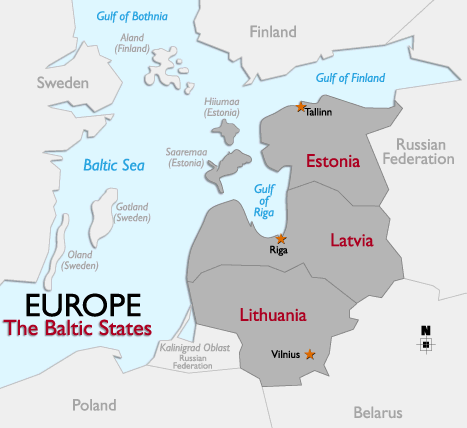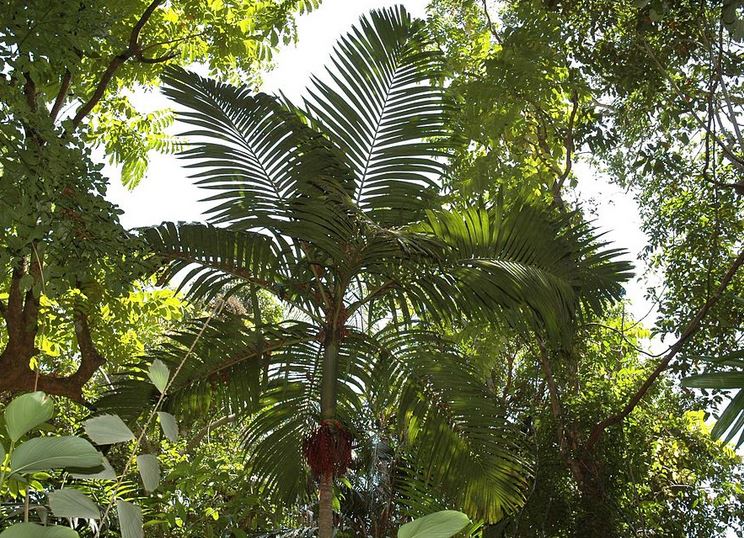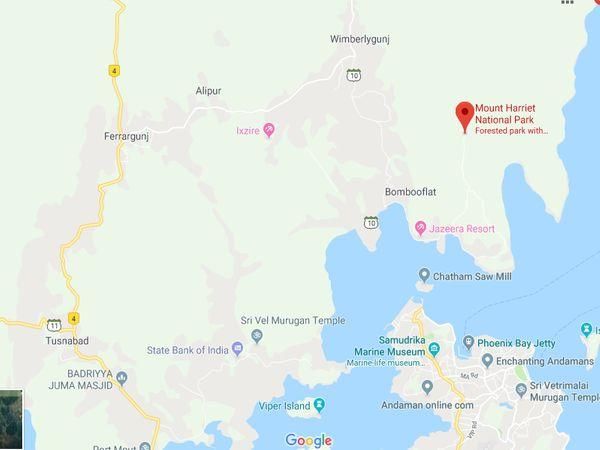7667766266
enquiry@shankarias.in
Measures to boost business under Atmanirbhar Bharat Abhiyan
Related to IBC
Related to the Companies Act
Ease of Doing Business for Corporates
Public Sector Enterprise Policy for a New, Self-reliant India
Defence Testing Infrastructure Scheme
Defence Industrial Corridor in India
Special Purpose Vehicle
National Migrant Information System (NMIS)
National Disaster Management Authority
Travel Bubble
Trans-Tasman Zone
Baltic countries

Syndemic
Pinanga andamanensis

Mount Harriet National Park

International Press Institute
Source: PIB, the Hindu, Indian Express